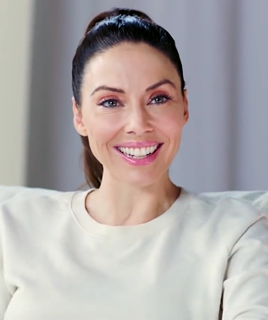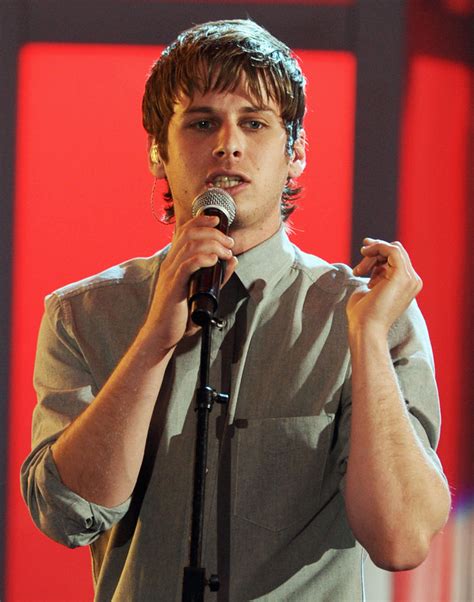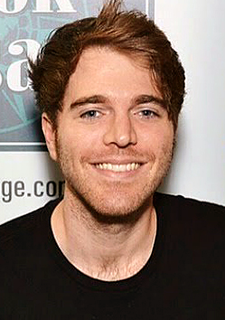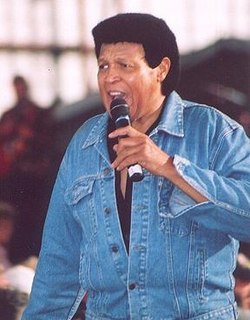A Quote by Whitney Cummings
I wrote a 'Lenny Letter' on a whim, and it felt indulgent, but people came up to me with tears in their eyes saying, 'Thank you.' There's so much shame about mental illness in our country and so many stereotypes about women being 'crazy' or 'psycho.'
Related Quotes
I wrote a letter to my Dad - I wrote, "I really enjoy being here," but I accidentally wrote rarely instead of really. But I still wanted to use it, so I wrote, "I rarely drive steamboats, Dad - there's a lot of stuff you don't know about me. Quit trying to act like I'm a steamboat operator." This letter took a harsh turn right away.
I was a young feminist in the '70s. Feminism saved my life. It gave me a life. But I saw how so much of what people were saying was not matching up with what they were doing. For example, we were talking about sister solidarity, and women were putting each other down. We were talking about standing up for our rights, and women weren't leaving abusive relationships with men. There were just so many disconnects.
Planned Parenthood president Cecile Richards urged women to push the pro-abortion movement to the next level by publicly bragging about their own abortions, saying the next step is get rid of the 'stigma and shame' surrounding abortion. You mean they haven't done that yet? Abortion became legal in 1973.I thought they'd gotten rid of the "'stigma and shame' surrounding abortion" by converting pregnancy into an illness, which they've done. Pregnancy is an illness. It victimizes women.
I was not really worried about what people thought of me or how offensive my jokes were. I was just kind of saying whatever I wanted, and that gave me the reputation of being this crazy, loose cannon, you know, psycho guy. It still kind haunts me to this day. Like, 'Oh, Shane Dawson - that guy's nuts.'
You think you're in a place where you're all 'I'm thrilled to be gay, I have no issues about being gay anymore, I don't feel shame about being gay,' but you actually do. You're just not fully aware of it. I think I still felt scared about people knowing. I felt awkward around gay people; I felt guilty for not being myself.
When you have mental illness you don't have a plaster or a cast or a crutch, that let everyone know that you have the illness, so people expect the same of you as from anyone else and when you are different they give you a hard time and they think you're being difficult or they think you're being a pain in the ass and they're horrible to you. You spend your life in Ireland trying to hide that you have a mental illness.

































